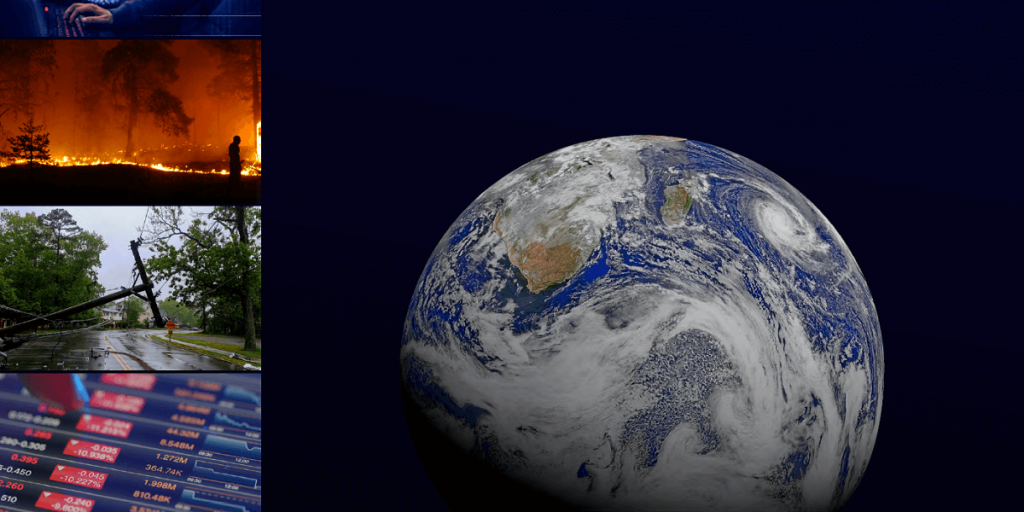
Global warming to 1.5°C above pre-industrial temperatures will cause unavoidable increases in climate hazards, presenting multiple risks to human societies and ecosystems. Action to limit warming in the near-term would substantially reduce projected losses and damages, but cannot eliminate them all, according to the report. Despite progress in recent years, adaptation to date has been uneven and is not adequate to deal with the magnitude of the threat, and urgent action is required to address constraints to further adaptation.
Climate Change 2022: Impacts, Adaptation and Vulnerability, which was released today by the Intergovernmental Panel on Climate Change (IPCC), is the Working Group II contribution to the IPCC’s Sixth Assessment Report.
The report takes a holistic view of the consequences of climate change, how people’s lives are changing and will change, and what can be done to adapt and build climate resilient development pathways. It considers the people and regions that are most vulnerable to climate impacts, and the practical and financial resources required to reduce risk.
Emphasizing that the climate, ecosystems (and their biodiversity), and human societies are interdependent, the report makes clear that climate change, ecosystem degradation and biodiversity loss create connected and compounding risks.
“Climate risks are complex, cascading and accelerating. Our experience through the COVID-19 scenarios project has revealed how the pandemic has evolved into a social and economic crisis, intensifying existing vulnerabilities. This illustrates how cascading risks might evolve with climate change. In the face of geopolitical tensions, we must not be distracted from the risks of climate change, which will have cascading impacts over both the short and longer term. We must learn from the COVID-19 pandemic and change the course of international cooperation towards rapid action on both mitigation and adaptation,” said ISC President Peter Gluckman.
What makes the Working Group II report so compelling, said Debra Roberts, Co-Chair of IPCC Working Group II, is that it highlights the changes we will all experience:
Scientists & governments are meeting to approve the next #IPCC #ClimateReport about what #climatechange means for people & nature.
— IPCC (@IPCC_CH) February 22, 2022
IPCC’s Debra Roberts explains how this process is critical to inform choices that shape our future.
The report is due for release on 28 Feb. pic.twitter.com/5DkBinpP7X
The Report calls for action from policy-makers and decision-makers at all levels, saying with very high confidence that “Any further delay in concerted anticipatory global action on adaptation and mitigation will miss a brief and rapidly closing window of opportunity to secure a liveable and sustainable future for all”.
The report includes chapters on climate risks, considering the impacts for different regions and cities, as well as options for managing risk.
The new report draws on the findings of over 34,000 scientific papers, and involved 262 authors from more than 60 countries. It follows the Working Group I report on the Physical Science Basis which was launched in August 2021, as part of the IPCC Sixth Assessment Cycle. The Working Group III contribution, on mitigation, is scheduled to be finalized in late April 2022, and the concluding Synthesis Report is due later in 2022.
Find out more and read the report on the IPCC website.

Global Risks Perceptions Report 2021
Future Earth, Sustainability in the Digital Age, and the International Science Council present the findings of the second iteration of the Global Risks Scientists’ Perceptions survey.
Image by Jéan Béller on Unsplash